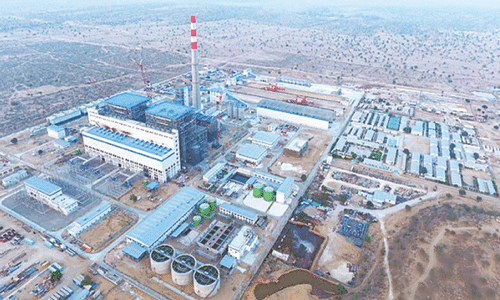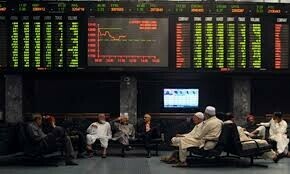GENEVA, July 23: Emerging and developed countries were at loggerheads on Wednesday on day three of crucial WTO talks, with both sides calling for concessions to avert failure at the meeting.
The two camps have slipped into a familiar pattern of demanding new moves from each other, with the success of this week’s high-profile gathering hinging on whether they can leave entrenched positions to find common ground.
The head of the World Trade Organisation, Pascal Lamy, conceded that progress had been modest so far, while British Prime Minister Gordon Brown reminded everyone that the talks were at “the 11th hour.”
Indian Commerce Minister Kamal Nath, a leading emerging country representative, offered observers some cause for optimism by praising US attempts to break the deadlock, but he was quick to add that more was required.
“The first thing we must appreciate is that the US is moving,” he said. “Up to now there was no movement. The fact movement has started is a good sign.”
The United States and the European Union have made opening gambits by offering to reduce trade-distorting assistance to their farmers and they are now waiting for steps by developing nations to open their markets for industrial products.
Nath gave no indication he would give ground on industrial products, but said that he would make a “good offer on services” the final component of the talks.
His failure to demonstrate flexibility on industrial products led a spokesman for the US trade delegation, Gretchen Hamel, to question if he was “reading from old talking points.”
She added: “If the emerging markets don’t contribute it will not be truly be a development round.”
The WTO has convened a meeting here of about 30 leading trade negotiators this week with the aim of mapping out a deal to conclude the long-delayed Doha round of global trade talks.The Doha round began seven years ago with the aim of helping poor countries, but it has been delayed by disputes between developed and developing nations over subsidies and tariffs for farm and industrial products.
The brinkmanship and tit-for-tat demands for new offers between advanced and developing countries fit a pattern that has seen several previous meetings since 2001 collapse without a deal.
“Progress has been modest until now,” Lamy conceded in comments to the organisation’s 153 members, his spokesman Keith Rockwell said on Wednesday.
But Rockwell suggested there had been an “intensification” of talks during and since a ministerial meeting late on Tuesday.
In London, British Prime Minister Gordon Brown warned that the talks were at “the 11th hour” and “a critical moment.”
The United States on Tuesday offered to cut its official aid ceiling for its farmers to $15 billion a year, $2 billion more than a previous offer, in a bid to spur movement at the WTO talks.
Nath had initially called the US offer “wholly inadequate” before praising the “movement” later on Wednesday.—AFP















































Dear visitor, the comments section is undergoing an overhaul and will return soon.